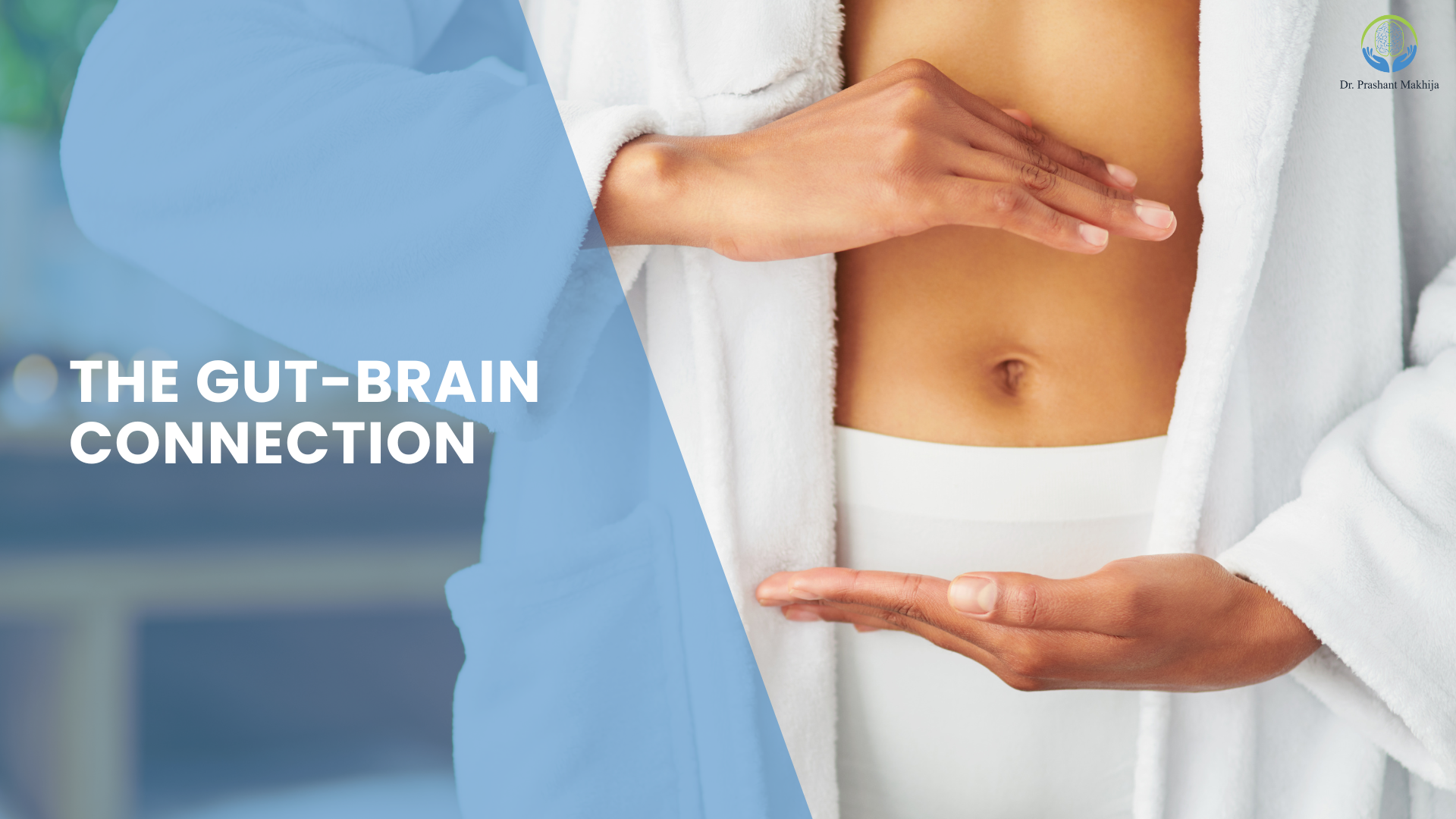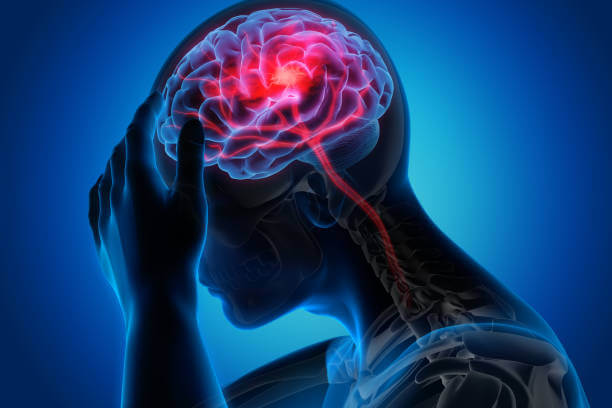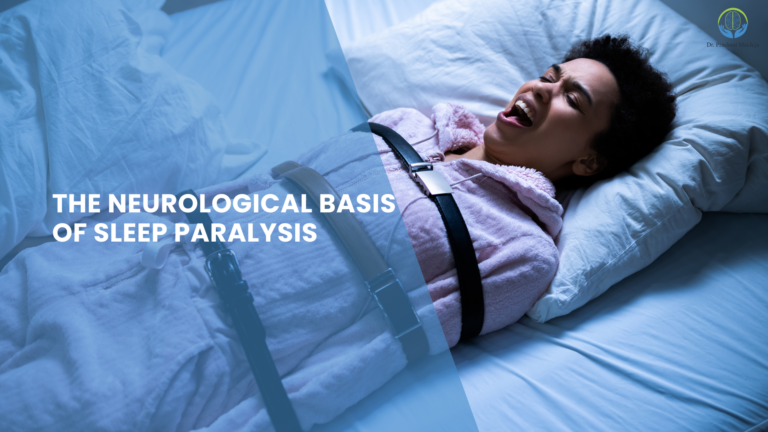Have you ever experienced “butterflies” in your stomach when nervous? Or felt nauseous during stress? There’s a scientific reason behind these sensations – your gut and brain are constantly talking to each other! Let’s explore this fascinating connection and what it means for your health.
What is the Gut-Brain Connection?
Your digestive system contains millions of neurons (nerve cells) that form what scientists call the “enteric nervous system” or, more simply, your “second brain.” This network communicates directly with your brain through several pathways, including the famous vagus nerve, creating a two-way communication system.
How Your Gut Affects Your Brain
Your gut does more than just digest food. Here’s how it influences your brain and overall well-being:
1. Mood Regulation
- Your gut produces about 90% of your body’s serotonin, often called the “happiness hormone”
- Healthy gut bacteria help reduce anxiety and depression symptoms
- Poor gut health can contribute to mood swings
2. Stress Response
- Digestive issues often worsen during stressful times
- Your gut bacteria can influence how you handle stress
- Chronic stress can alter your gut microbiome
3. Cognitive Function
- A healthy gut supports better memory and focus
- Gut inflammation may contribute to brain fog
- Certain gut bacteria produce compounds that protect brain cells
Simple Ways to Support Your Gut-Brain Health
Want to improve your gut-brain connection? Try these science-backed tips:
- Eat a Diverse Diet
- Include different colored fruits and vegetables
- Add fermented foods like yogurt and kimchi
- Choose fiber-rich whole grains
- Manage Stress
- Practice regular exercise
- Try meditation or deep breathing
- Maintain a consistent sleep schedule
- Stay Hydrated
- Drink plenty of water throughout the day
- Limit caffeine and alcohol
- Choose herbal teas
When to Seek Help
While some gut-brain symptoms are normal, consult a healthcare provider if you experience:
- Persistent digestive issues
- Chronic anxiety or depression
- Unexplained changes in appetite or weight
- Ongoing sleep problems
Looking Forward
Scientists are discovering new aspects of the gut-brain connection every day. This research is opening doors for innovative treatments for both digestive and neurological conditions. By understanding and nurturing this vital connection, you can take better care of your overall health.
Remember, your gut health affects more than just digestion – it influences your entire well-being. Start implementing these simple changes today, and your body and mind will thank you!




